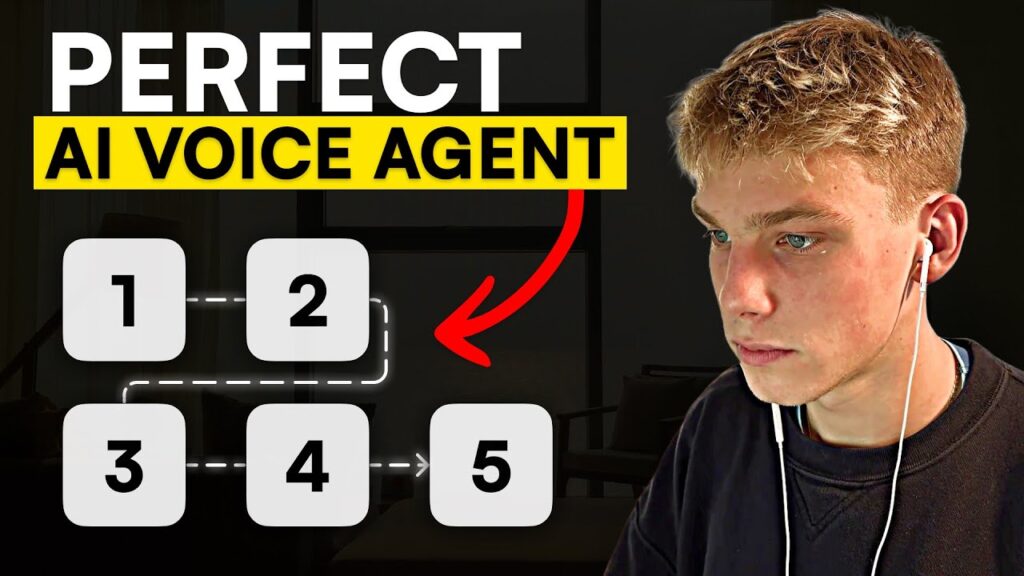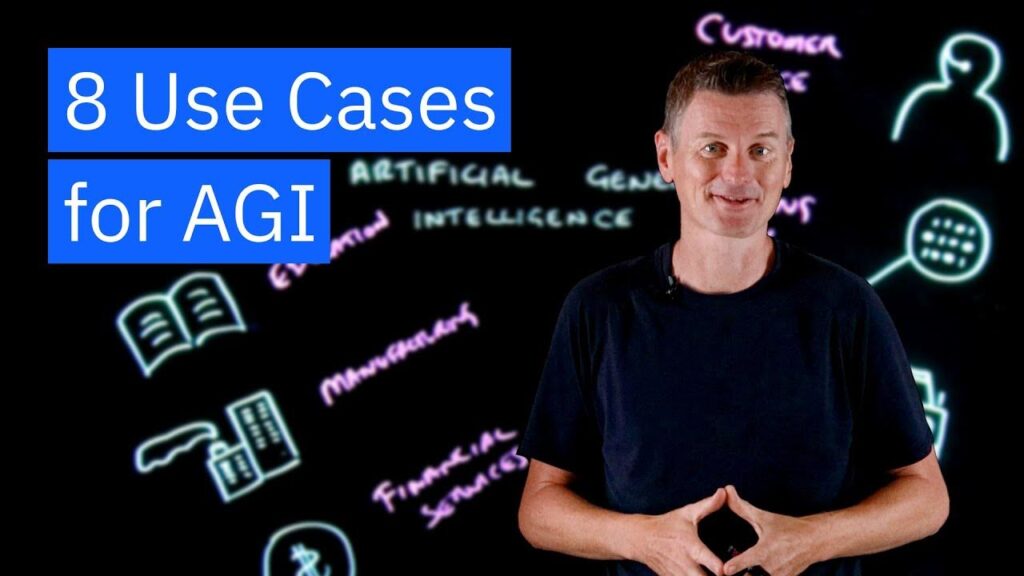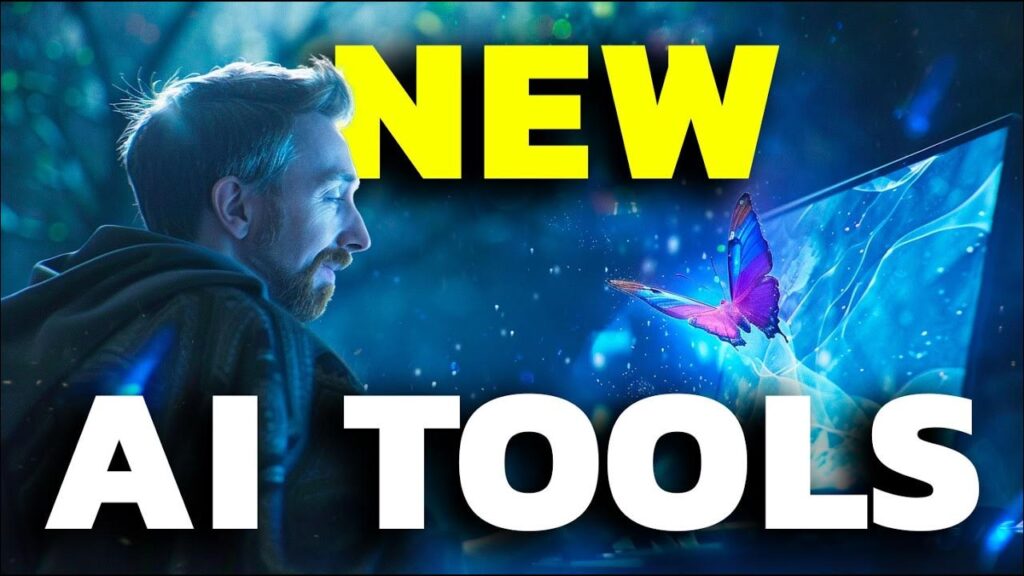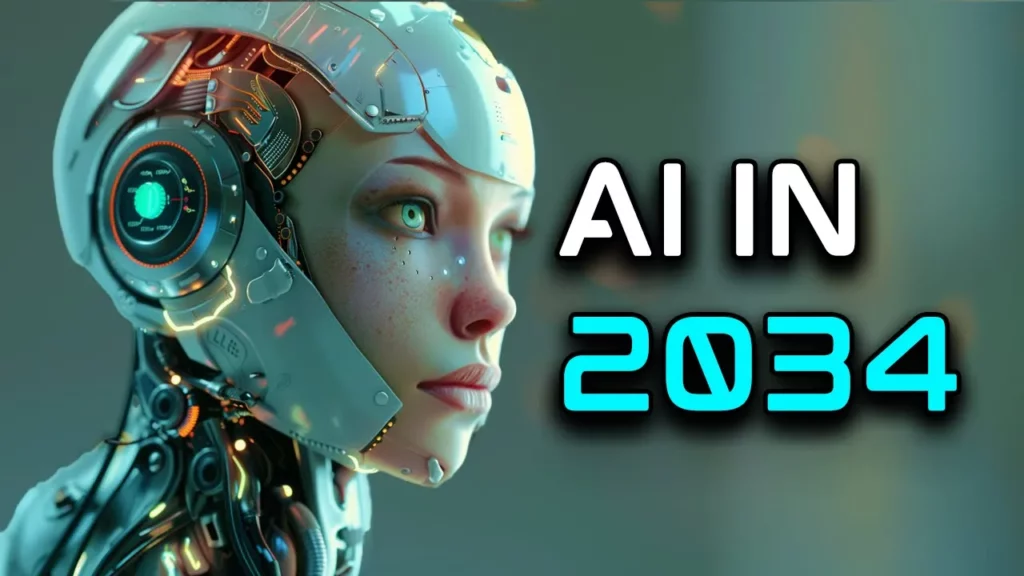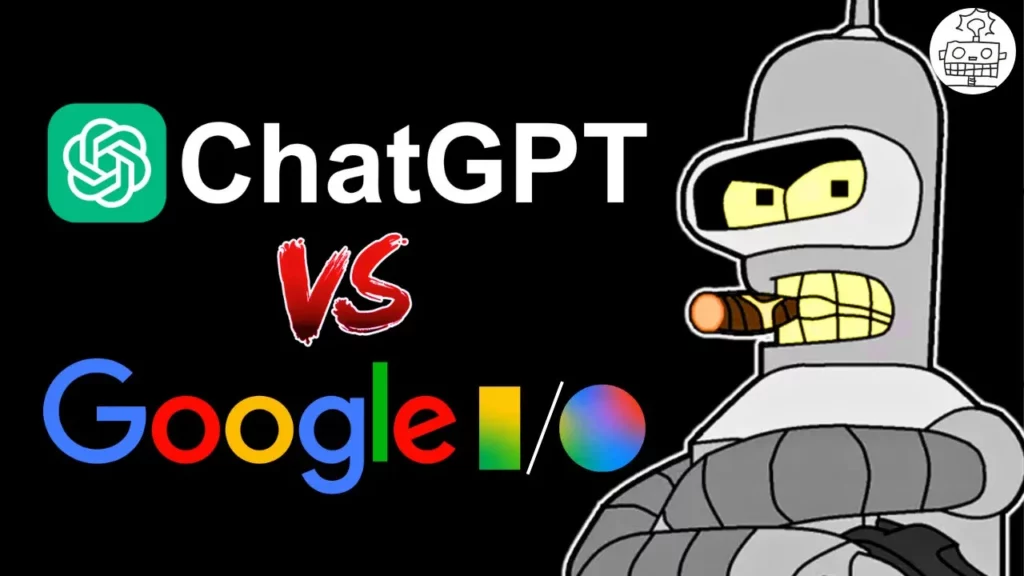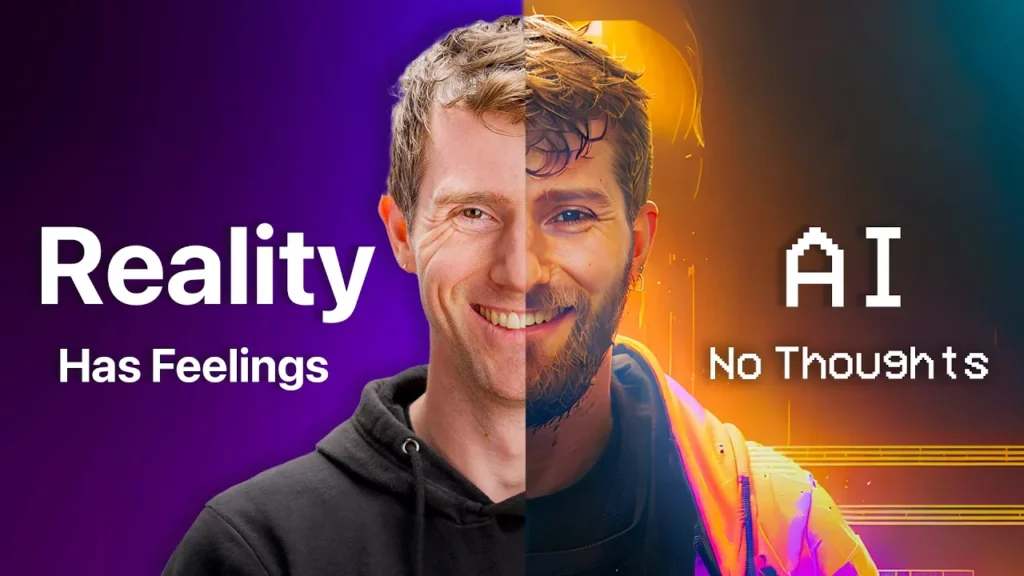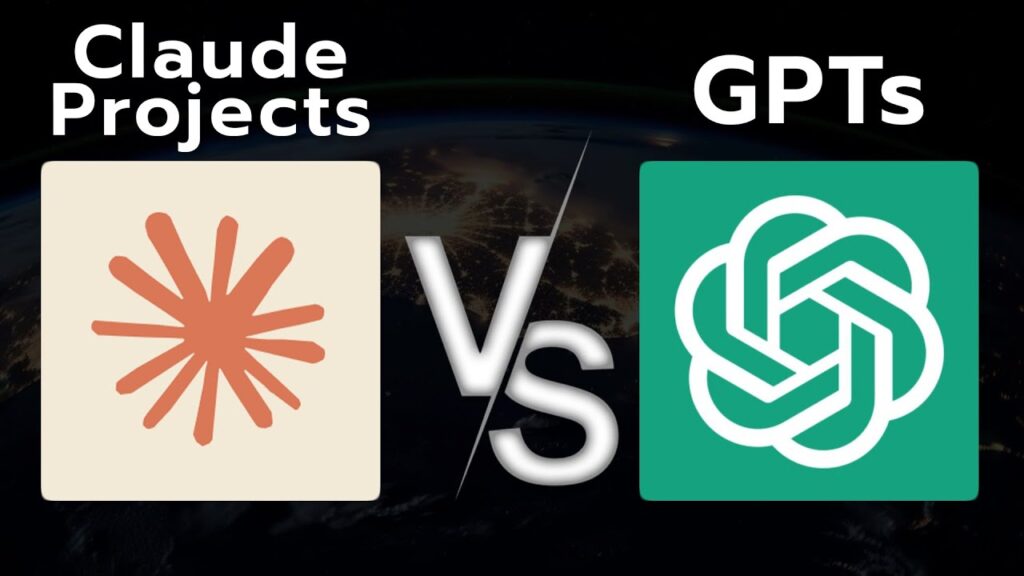The advancement of AI technology has brought about groundbreaking capabilities that challenge the boundaries between reality and artificiality. In a bold experiment, Joanna Stern, a tech expert, decided to test the limits of AI by creating a clone of herself to undertake her daily tasks. By partnering with AI tools like Synthesia and ElevenLabs, she aimed to see if her AI replica could seamlessly blend in and replace her.
The challenges presented to the AI clone ranged from making phone calls to creating a TikTok video, utilizing bank biometrics, and even participating in video calls. While the AI voice technology proved to be quite impressive, the visual aspects fell short of authenticity. The AI avatar lacked natural movements and facial expressions, indicating that there is still room for improvement in mimicking human behaviors accurately.
One of the noteworthy successes was in utilizing voice biometrics for bank verification, where the AI clone convincingly passed as Joanna Stern. However, when it came to video calls, the lack of human-like presence became apparent, highlighting the current limitations of AI in reproducing genuine interactions.
The experiment raised crucial ethical concerns regarding the potential misuse of AI clones, emphasizing the necessity for vigilant measures to differentiate between real and AI-generated content. As AI technology continues to evolve, it is imperative for both creators and consumers to remain cautious and discerning in their interactions with AI-generated entities.
In conclusion, while the experiment demonstrated the remarkable capabilities of AI in replicating voices and performing specific tasks, it also underscored the importance of preserving human authenticity and upholding ethical standards in the face of advancing AI technologies. As we navigate this era of AI integration, staying vigilant and embracing our humanity remains paramount.

